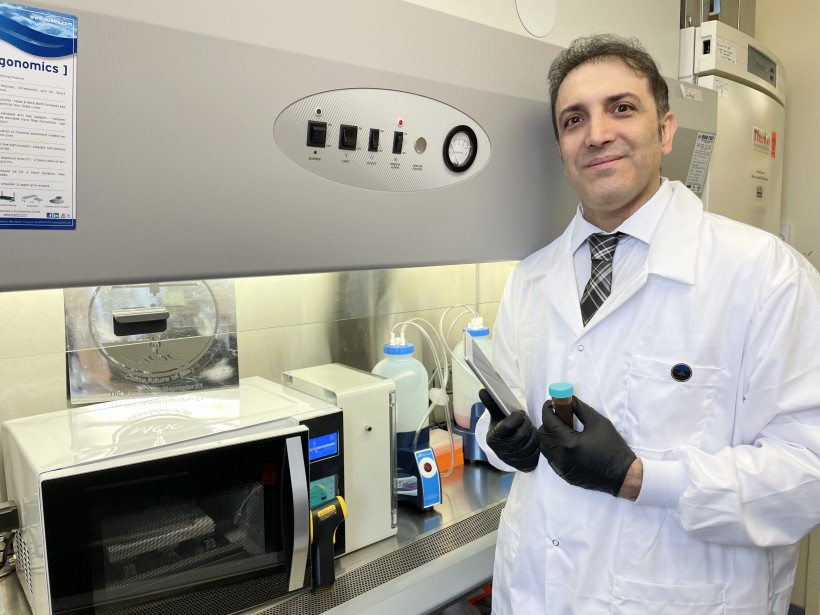The Halifax Partnership has announced the six winners of its Circular Food Solution Challenge, which will each receive $5,000 to pilot or test circular economy technologies for the food sector over the next three months.
The competition was hosted by the Partnership's Halifax Innovation Outpost in collaboration with the National Zero Waste Council, which is a public sector and industry group led by Metro Vancouver, which itself is a federation of 21 British Columbian municipalities.
Of the six winners, the one most likely to be familiar to Entrevestor readers is MOC Biotechnologies. Founded in 2019 by serial entrepreneurs Ali Mousavi and Arash Helmi, who relocated to Nova Scotia from Iran, MOC has historically been focused on technology for 3D printing artificial tissues, such as cartilage, heart valves and nerves.
The winners are also receiving access to advice, peer-to-peer networking opportunities and chances for knowledge- and resource-sharing. Expenses eligible for funding include supplies, marketing, relationship development and testing costs. Companies will have until February 2024 to pilot and test their technologies.
Here’s a look at the victorious businesses:
Sodexo
Halifax
Sodexo is a food services and catering company that works with universities and other large institutions.
MOC Biotechnologies
Halifax
MOC makes technology for 3D printing artificial tissues, such as cartilage, heart valves and nerves, with plans to add products with effects that gradually evolve over time — a process known in the industry as “4D bioprinting.”
Shivani’s Kitchen
Windsor, N.S.
Shivani’s Kitchen is a young packaged food company that makes Indian spices, sauces and prepared meals.
The Station Food Hub Company
Newport Station. N.S.
The Station Food Hub has two business units: one that upcycles and distributes food products, and one that rents space and provides product development services to other food companies.
Vessel Meats
Dartmouth
Vessel Meats is a craft butcher’s shop that specializes in “whole-carcass butchery,” meaning every part of the animal is used, minimizing waste.










